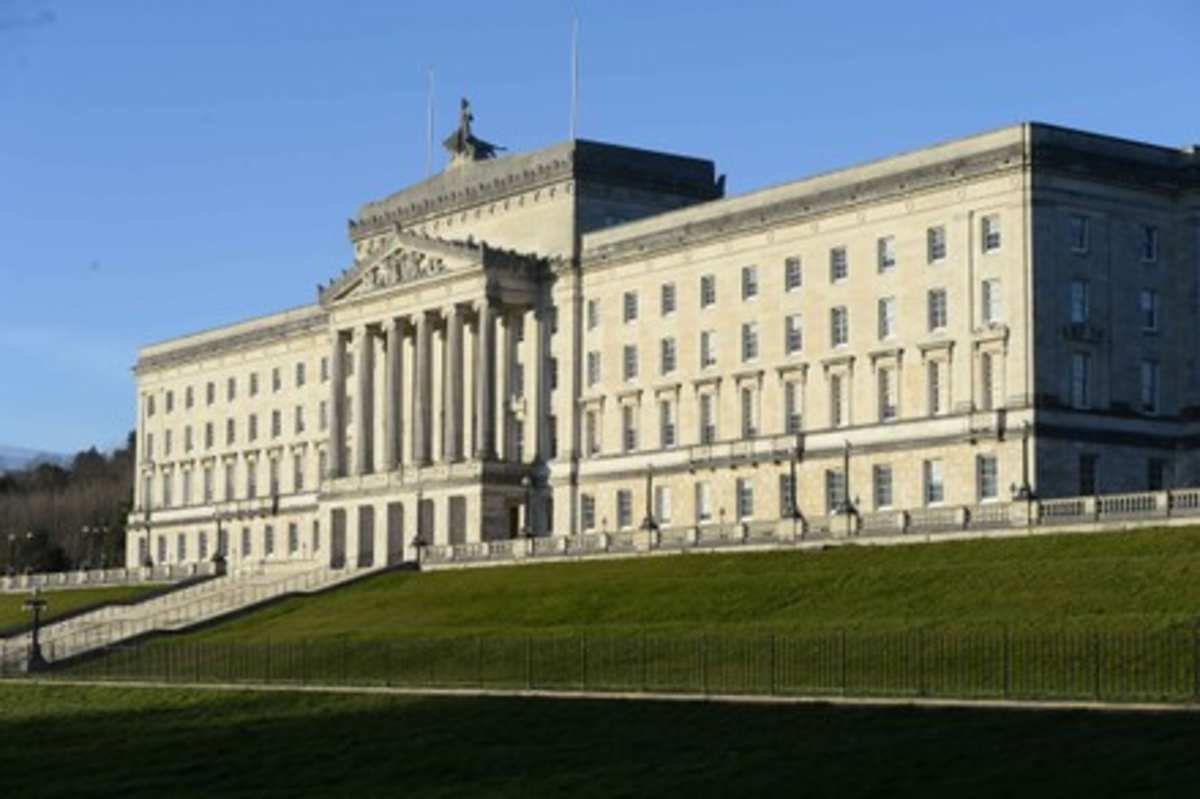Northern Ireland's main political parties have collectively opposed the UK government's recently proposed initiative to implement mandatory digital identification for all UK citizens.
The proposed mandatory digital ID card introduced by the Labour government will feature personal details including name, date of birth, nationality or residency status, and a photograph. Michelle O'Neill, who [1] is the first minister of Northern Ireland, has criticized [2] the proposal for a compulsory UK-wide digital ID scheme, labelling it an attack on the Good Friday Agreement. This agreement permits individuals born in Northern Ireland to identify as British, Irish, or both. The UK government has stated that any potential changes would adhere to the provisions of the agreement. “This proposal is an attack on the Good Friday Agreement and on the rights of Irish citizens in the North of Ireland,” said O’Neill.
Gavin Robinson, [3] the leader of the DUP has also criticized the digital ID scheme labelling it as “the wrong approach,” and confirmed that his party's MPs will oppose it. He voiced apprehensions [4] regarding data security and the mandatory nature of the scheme. “Digital ID cards would do very little to stop illegal immigration, the real challenges in tackling illegal entry to the UK lie at our borders and in enforcement, not in creating yet another layer of bureaucracy for ordinary citizens. We need to make illegal entry much more difficult and much less lucrative, and Labour seem incapable or unwilling to do so,” said Robinson. “There are also legitimate concerns about data security. Most worrying of all is the compulsory element. Forcing citizens to carry a digital ID card would be a fundamental shift in the relationship between the individual and the state, undermining liberty and privacy in ways that are totally unacceptable.”
Prime Minister Sir Keir Starmer stated that the proposed digital ID scheme [5] aims to strengthen measures against illegal employment in the UK and provide “countless benefits” to citizens. The implementation details of the scheme will be explored through a consultation process, which will also address accessibility for individuals without smartphones or passports. “Every nation needs to have control over its borders. We do need to know who is in our country.I am announcing this government will make a free of charge digital ID mandatory to work by the end of this parliament. You will not be able to work in the United Kingdom if you do not have digital ID, it's a simple as that. Because decent pragmatic fair-minded people, they want us to tackle the issues that they see around them and of course the truth is we won't solve our problems if we don't also take on the root causes,” said Starmer.
However, Claire Hanna, [6] the leader of the Social Democratic and Labour Party has described [7] the biometric legislation as “problematic” for Northern Ireland, “Northern Ireland has complexities of identity, movement and governance. A one-size-fits-all digital ID imposed from Westminster risks ignoring those realities and undermining the progress we have made. The truth is that a Brit Card won't fix the actual problems we face. Here in Northern Ireland, where people cross the border every day for work, family and study, imposing this scheme could be especially problematic. That's why I am calling for Northern Ireland to be exempt from this scheme. The SDLP will continue to argue for solutions that are practical, rights-based and reflect the unique circumstances of life here,” said Hanna.
Meanwhile, The Irish government is being consulted [8] regarding the potential effects of the UK digital ID scheme on cross-border workers, Northern Ireland Secretary of State Hilary Benn said, “I understand that people in Northern Ireland, under the Good Friday Agreement, can identify as British or Irish or both. We will find a way of making this work. It is the future and it will also help to combat illegal migration.” However, Hilary Benn did not confirm whether a tailored arrangement for Northern Ireland will be made, distinguishing it from other regions of the UK. A consultation regarding the new digital ID scheme is set to begin later, with the UK government aiming for it to be operational before 2029.
